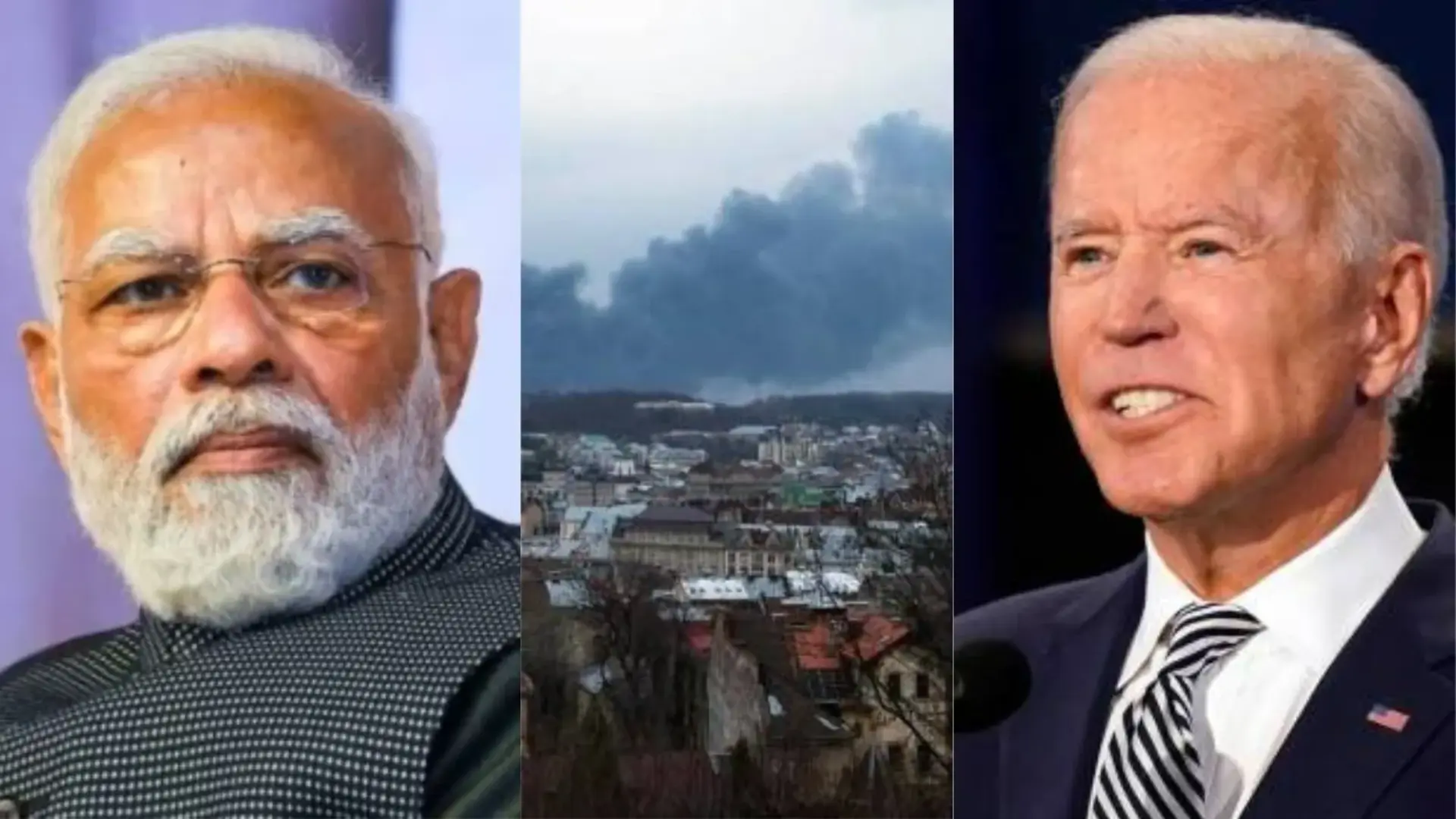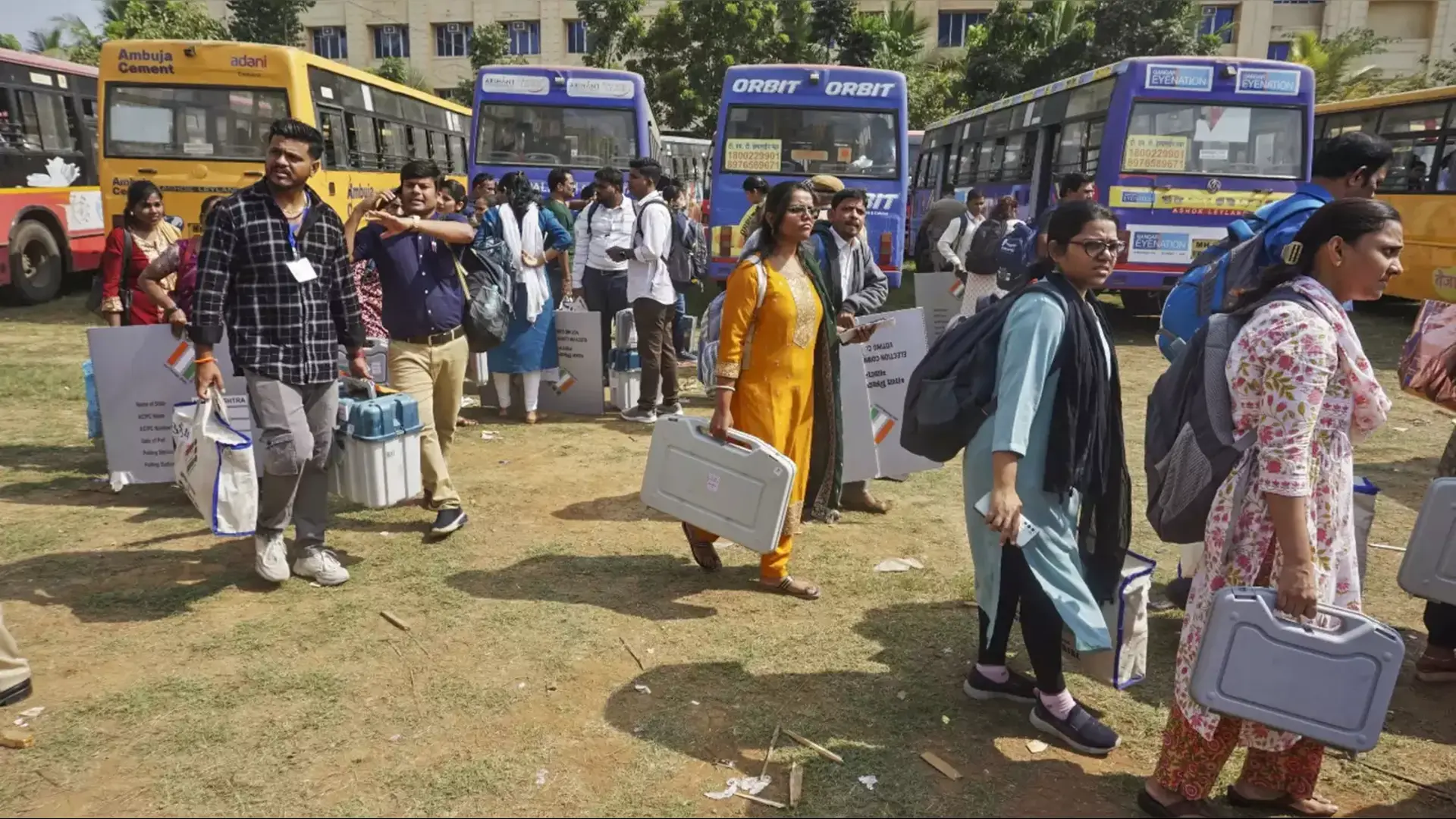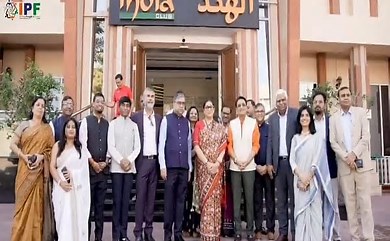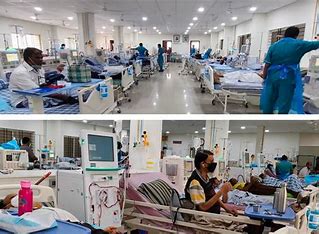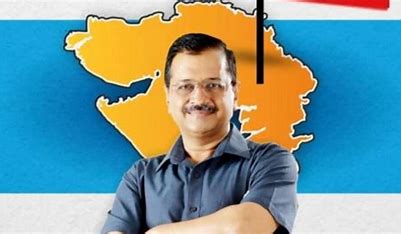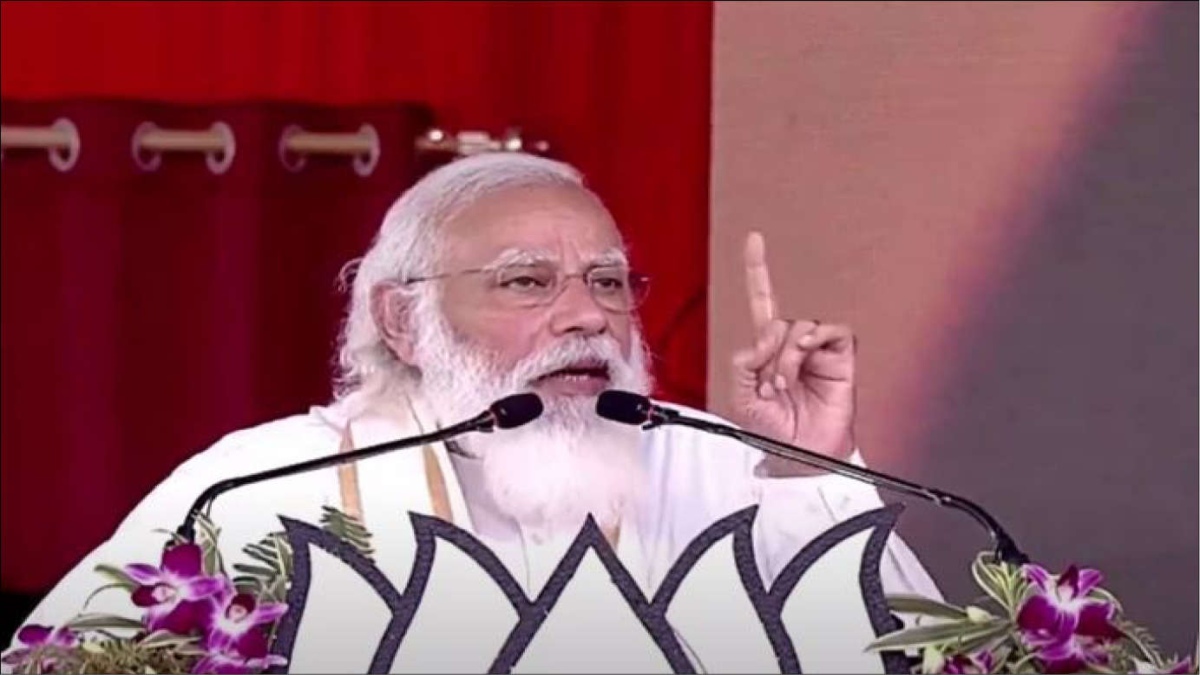
Prime Minister Narendra Modi took the Covid-19 vaccine shot at Delhi’s AIIMS hospital early on Monday, becoming the first beneficiary in the second phase of nationwide vaccination against coronavirus. PM Modi took a dose of the indigenous Covaxin developed by Bharat Biotech and the Indian Council of Medical Research (ICMR).
“Took my first dose of the Covid-19 vaccine at AIIMS. Remarkable how our doctors and scientists have worked in quick time to strengthen the global fight against Covid-19. I appeal to all those who are eligible to take the vaccine. Together, let us make India Covid-19 free,” said PM Modi on Twitter after being administered the vaccine.
The leader was vaccinated by two nurses—Rosamma Anil from Kerala and P. Niveda from Puducherry. Both the nurses were thrilled by the experience and later remarked as to how the PM had said “Vanakkam” to them and even joked to ease the mood.
“Are you going to be using a thicker needle, the kind veterinarians use? Well, politicians are thick-skinned, you might need it for me,” the PM joked to the nurses. This was met with laughter and clarifications that the syringe was the standard one.
Both the nurses were informed of their task only early in the morning, once they had come in for their shift. “This is one of the biggest days of our lives. He asked where we were from and after getting jabbed, was surprised that it was done so quickly,” said P. Niveda.
Rosamma Anil, the other nurse involved in the procedure, said that she was flattered by the humility the leader showed. “When I told him I was from Puducherry, he tried speaking to me in Tamil. Later, while leaving post the observation period, he came to meet us again and said thank you, Vanakkam.” Analysts say that political symbolism was also visible as the PM was seen wearing Assamese gamcha and the two nurses were also from poll-bound Kerala and Puducherry.
Union Home Minister Amit Shah also got himself vaccinated on the first day of phase two of the nationwide Covid-19 inoculation drive. He was vaccinated by doctors in Medanta hospital in Gurugram.
Minister for External Affairs (MEA) S. Jaishankar, too, was vaccinated on Monday. “Got my jab. For the curious, it was #Covaxin. Felt secure, will travel safely,” he tweeted after getting the shot.
The move by the Prime Minister to get vaccinated first and that too by the home-grown Covaxin certainly set the ball rolling in terms of the second phase of vaccination drive that was launched on 1 March.
“PM Modi taking the jab on the very first day would instil confidence among the public and remove any hesitancy and doubts that they might have about the vaccine. People should come forward to get themselves inoculated and get India rid of the disease,” said AIIMS director Randeep Guleria.
The second phase of India’s vaccination drive against Covid-19 began on Monday, with the Union Health Ministry saying that those eligible for immunisation can register and book appointments from 9 am to 3 pm on 1 March.
From Monday, people eligible for the next phase can walk up to a vaccination centre to be registered for a dose. The decision will allow anyone above the age of 60 and those older than 45, but with comorbidities that make them more vulnerable to Covid-19 to approach government and private hospitals for shots. While the doses will be administered for free at government facilities, private hospitals can charge up to Rs 250 per dose.
Those with any of the 20 specified comorbidities will have to produce a medical certificate attested by a registered medical practitioner at the time of vaccination at the chosen vaccine centre. The conditions include congenital heart disease that leads to pulmonary arterial hypertension, end-stage kidney disease, or cancers such as lymphoma, leukaemia and myloma, decompensated liver cirrhosis (deterioration of liver function due to scarring), primary immune deficiency conditions, and sickle cell anaemia.
The vaccine type available at a vaccination centre, however, will not be displayed to citizens at the time of online registration. “A Covid vaccination centre shall usually have only one type of vaccine throughout the vaccination drive. This is necessary to avoid mixing of vaccine types in first and second dose of a beneficiary,” said the government’s guidelines.


